Rebecca Taber Staehelin and Connor Diemand-Yauman, co-CEOs of Merit America, joined Learning Unbound to discuss how they’re addressing the workforce skills gap.
Rebecca has a background in government and higher education, where she focused on bridging gaps in traditional learning systems. Connor is an entrepreneur with a passion for education and equity.
In this episode, they share their journey from working together at Coursera to founding Merit America, driven by their recognition of the need for better career pathways for working adults.
Their model combines online education and coaching to help low-wage workers move into in-demand careers. We discuss the strategies they’ve developed to scale their impact and the role of mindset shifts and personalized coaching in driving learner success.
Listen to the full episode here:
Continue reading to learn more about Merit America's efforts to create career opportunities for millions:
Q: Why Merit America? What is the core workforce development problem you're solving?
Connor: Merit America is focused on supporting 53 million low-wage working adults who are stuck in jobs that can’t sustain their families. These individuals have talent and grit but lack opportunities due to a system that disproportionately benefits those with college degrees. Our goal is to provide flexible, career-aligned education that helps them move forward.
Rebecca: Before Merit America, I worked in government, and I saw firsthand the gap between the support systems available for low-income students and the lack of options for those who don’t complete college. Merit America addresses that gap, helping those stuck in low-wage work find a path to a better career.
Q: Can you share a quick overview of Merit America's model, and its strategy that has enabled it to scale in ways that other workforce development organizations struggle to?
Connor: Our model is fully virtual and part-time, allowing working adults to gain in-demand skills without quitting their jobs. We provide not only training but also coaching. Each learner has a coach who supports them throughout their learning journey, and another coach helps them with job placement afterward. The program typically lasts four to six months, and this combination of flexibility, support, and focus on job outcomes has been key to our success in scaling.
Rebecca: From the very beginning, we designed Merit America with scale in mind. A funny early example was when we were trying to schedule group coaching sessions for our first cohort. We realized manually matching participants and coaches was impossible to scale. That’s when we committed to building processes and tools that could handle thousands of learners, not just a few.
Q: What are some insights you've gained around the learner populations you're serving, and how have they shaped the solution you’ve created?
Connor: We’ve learned that there’s an incredible concentration of talent among low-wage workers. These individuals juggle obligations that many of us can’t even imagine, but they’re blocked by systems that don’t accommodate them. Our programs are designed to be flexible and meet learners where they are, allowing them to gain in-demand skills while still working.
Rebecca: Many people underestimate the talent of workers in low-wage jobs. For example, I was talking about our work with a friend, and she questioned whether there were enough talented people in fulfillment centers to benefit from our programs. That mindset is exactly what we’re fighting against. These individuals aren’t in these jobs due to a lack of talent but because they haven’t had the opportunities they deserve.
Q: What is the mix between hours per week and number of weeks it’s going to take to finish? How do you meet folks where they are?
Rebecca: We’re constantly refining the balance between self-directed learning and live coaching. For most learners, it’s about finding 10 to 20 hours per week for three to six months. Small structural tweaks—like having weekly deadlines—can make a huge difference in completion rates.
Connor: Our focus is on being as learner-centric as possible. We understand that our learners are busy with jobs and families, so our programs are designed to fit into their lives, not the other way around. Flexibility combined with accountability leads to success.
Q: What have you learned about workforce development organizations needing to do something that the labor market doesn’t do?
Rebecca: A lot of organizations think they need to create custom training programs for every employer. But we’ve learned that when you dig into employers' actual needs, most of the time, they only need 80-90% of what’s already available in a standard curriculum. The key is focusing on transferable skills and the ability to learn on the job, which is much more scalable than trying to design bespoke programs for every employer.
Q: What is the number one thing that differentiates your most successful learners from the rest?
Rebecca: The learners who succeed are those who are truly ready for a career change and can dedicate the time to make it happen. They’re often juggling multiple jobs or family responsibilities but have reached a point where they’re determined to put in the work. Our goal is to meet every learner where they are, whether they’re in retail, food service, or logistics, and help them see that it’s never too late to make a change.
Q: I'm curious what kind of insight you've gained into learners' mindsets and helping them shift their mindset. Any learnings around helping people take the risk and any interventions to prevent them from giving up too fast?
Rebecca: One of the biggest insights we’ve had is that so much of this is a mindset shift. Our coaches work closely with learners to let them know they aren’t alone and that they have everything they need to succeed. We also emphasize making learning joyful, not just another task. Simple things like playing a fun song during a negotiation training make the lesson stick.
Connor: The human connection through coaching is essential. It’s that bridge that helps learners translate opportunities into meaningful outcomes. No matter how much technology advances, people need people. It’s intrinsic to the human condition to want to feel seen and supported, and that’s what our coaches provide.
Q: What is Merit America's biggest priority today? What’s keeping you up at night as co-CEOs?
Rebecca: Our biggest focus is execution. We’ve had a lot of success so far, reaching 12,000 learners, but now we need to expand our offerings, continue to scale nationally, and ensure we’re delivering a best-in-class experience every day.
Connor: We’re also really focused on building a world-class organization, attracting the best talent, and making sure we’re creating an environment where our employees can thrive as much as our learners.




.png)

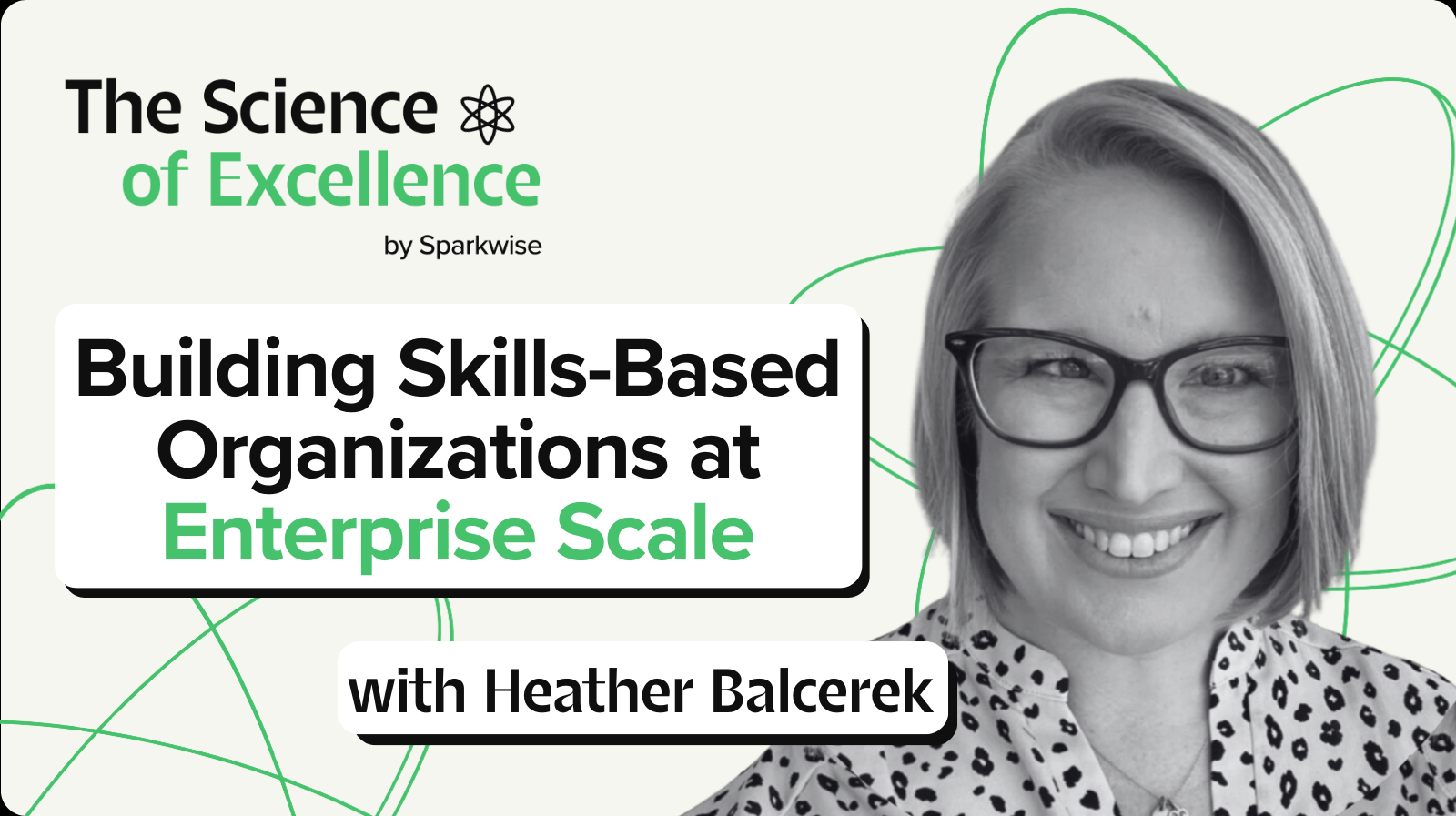
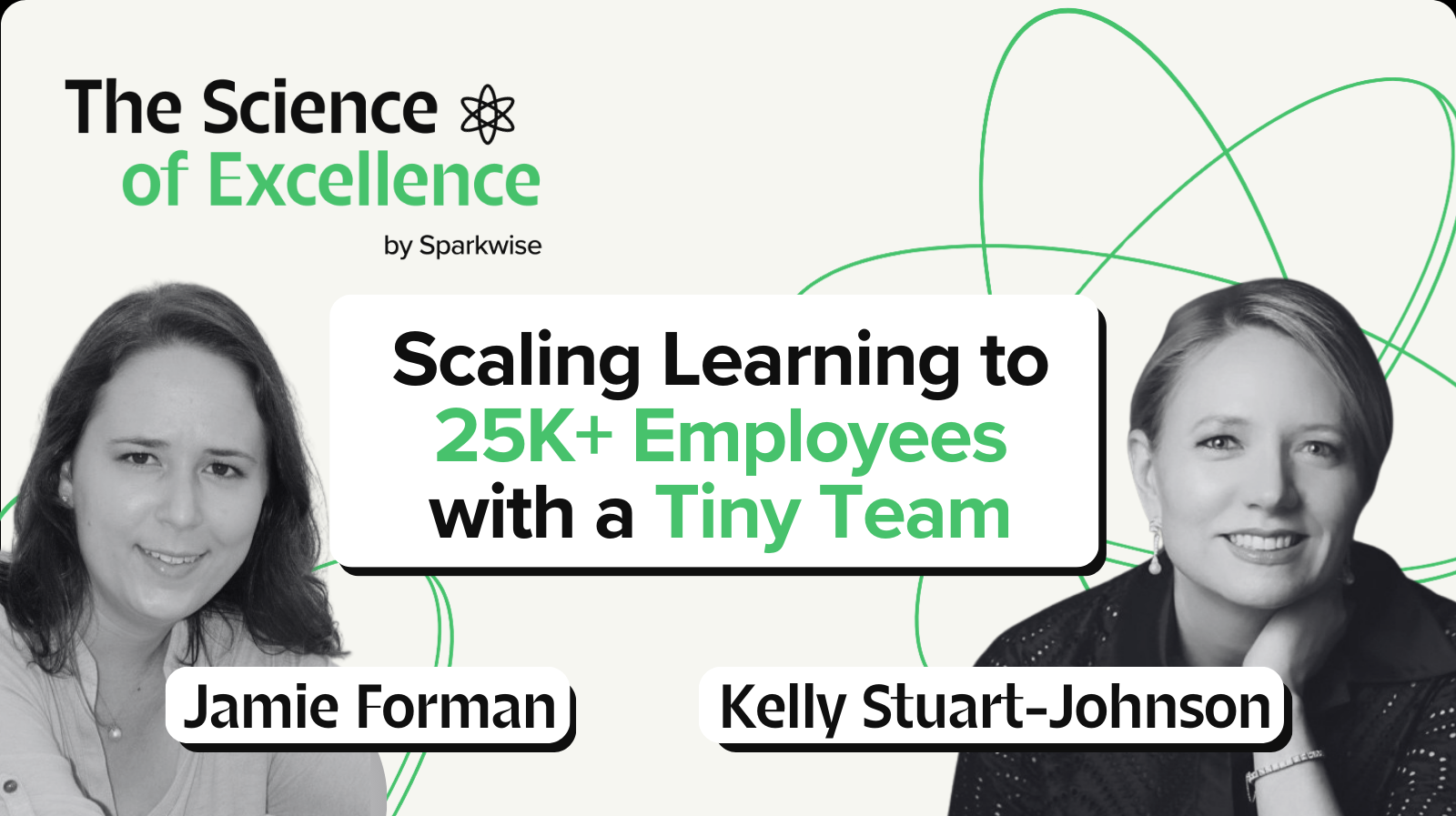
.png)
.png)
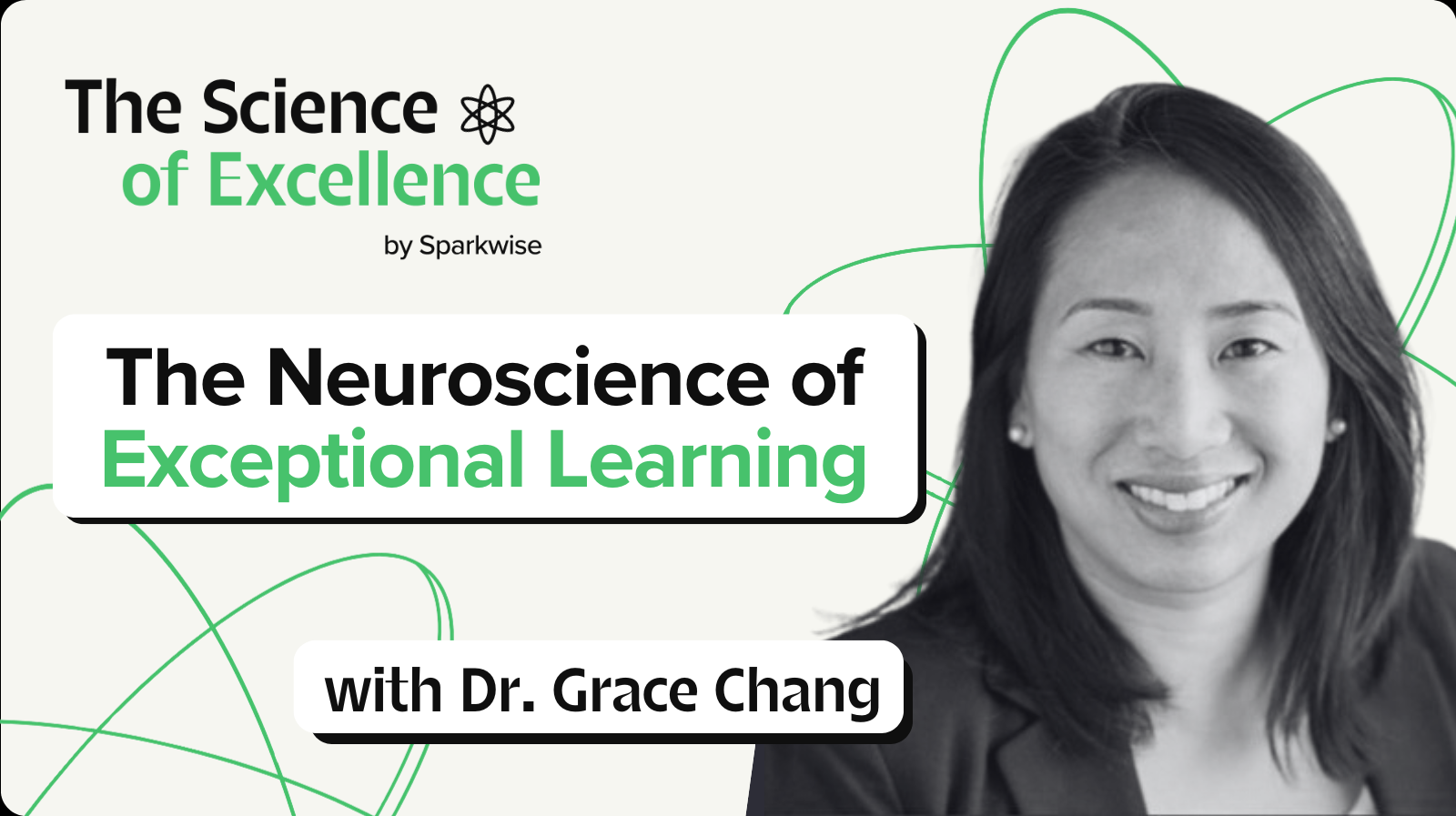
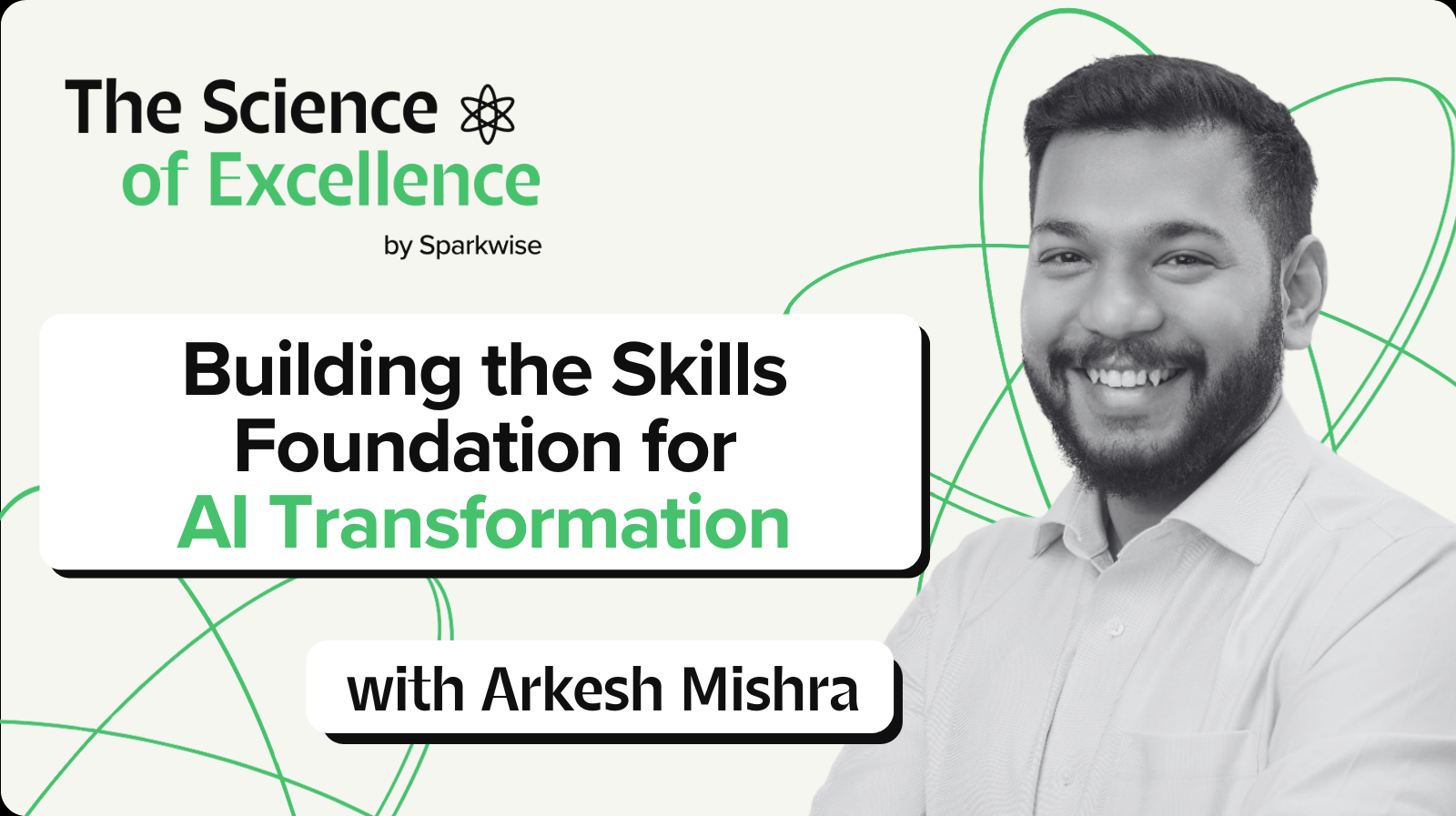

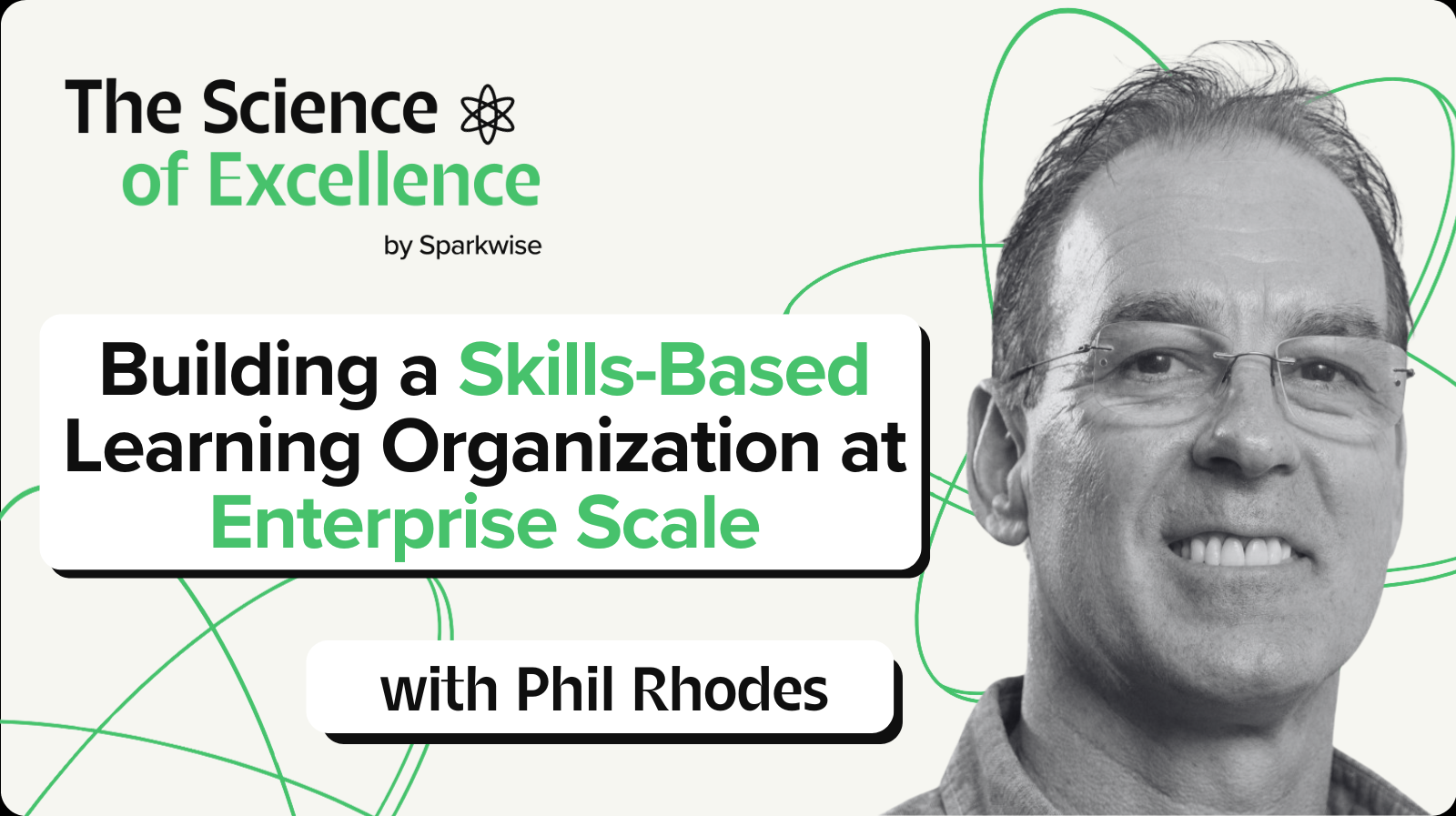
.png)
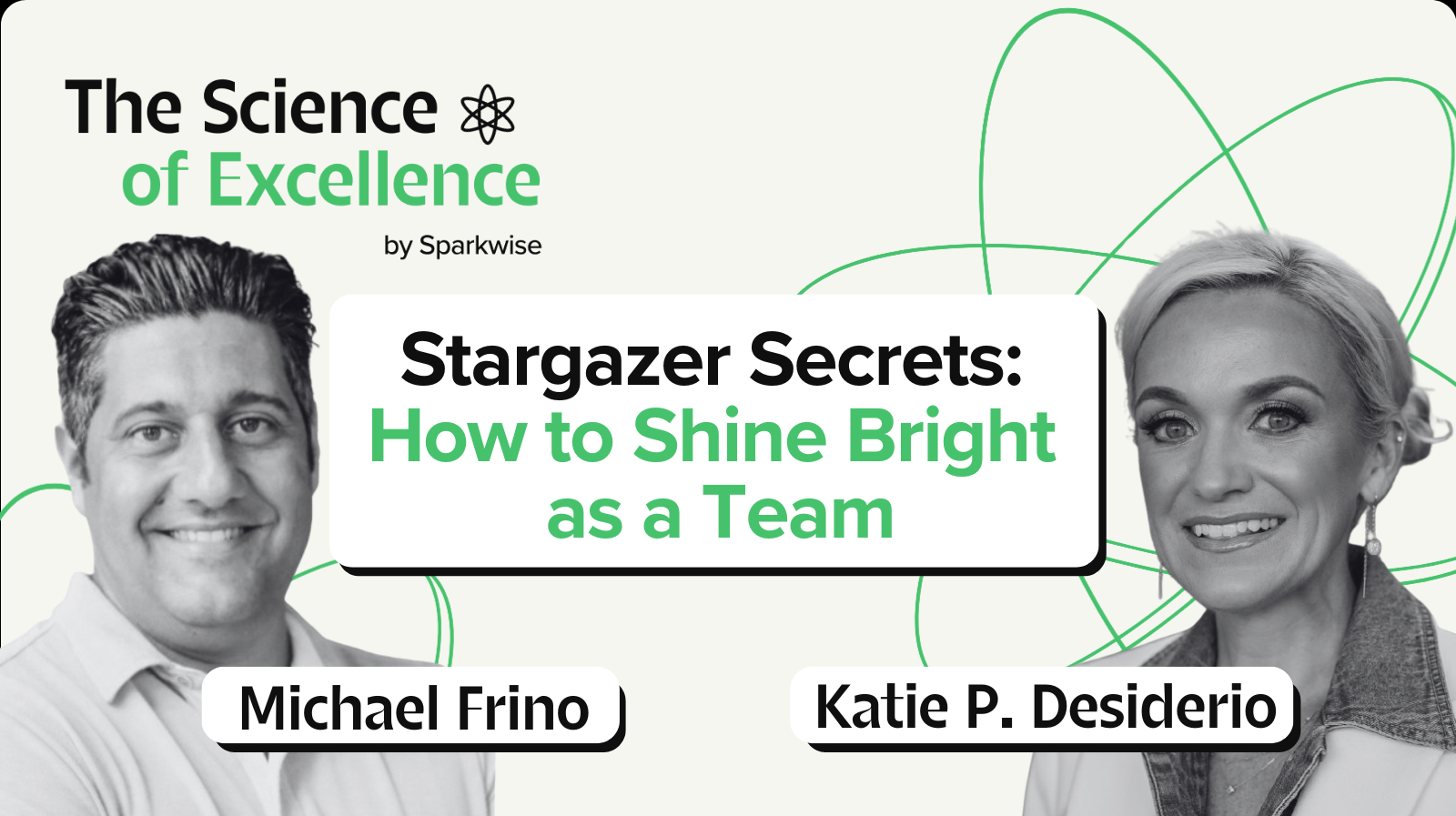
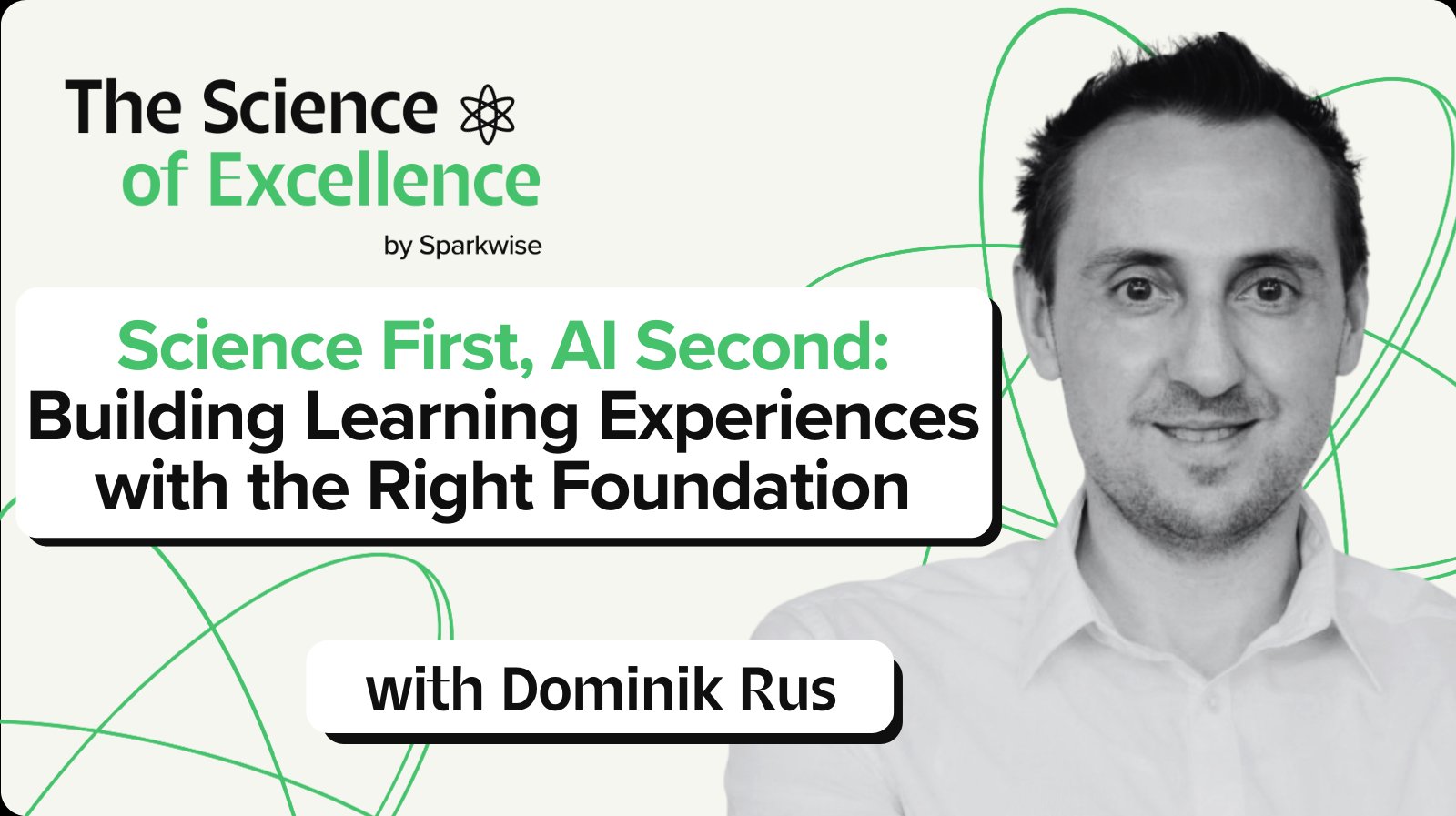
.png)
.png)









.png)











.png)